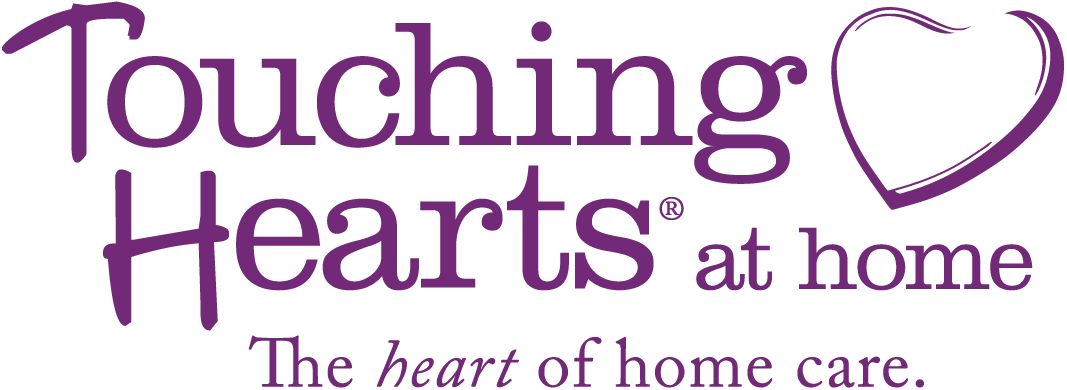At CareAcademy, our team members are passionate about making a difference in the lives of caregivers and […]
Pete Morrissey
Right At Home, Georgia
Nearly all home care agency owners and operators feel the mounting pressure to recruit and retain caregivers in a competitive market. Data from PHI suggests that from 2018 to 2028, this workforce will add an estimated 1.3 million new jobs. Accounting for turnover, there will be a total of 8.2 million job openings in direct care by 2028—those figures amount to a significant challenge for agency operators working to grow their businesses and meet increasing demand.
That’s why CareAcademy SVP of Marketing Aaron Dun sat down with home care leader and owner of Right At Home of Gainesville, Georgia Pete Morrissey, to hear how experts are successfully recruiting and retaining caregivers in today’s competitive environment.
Pete brings diverse career experiences—from helicopter pilot to working at Pfizer, IBM, to vice dean of Columbia University Business School—into his work in the home care space with his wife, Amy Morrissey.
Learn how Pete was able to reduce 90-day caregiver churn by over 40% at his agency through his strategic approach to recruitment and retention in our podcast or explore the key takeaways below.
1. Expand your hiring pool
For most home care agencies, meeting the growing demand for caregivers will require shifting your hiring criteria and recruiting sources. While caregivers with years of experience are a huge asset to any team, new caregivers with the right soft skills are an important market to explore for recruitment efforts.
Morrissey reminds agency operators to consider the networks of caregivers already connected to their organizations. He explains, “The best referrals come from within. We’ve reinforced our referral bonus program, and those internal referrals have been really helpful.” Morrissey also suggests agencies engage with local training programs, like CNA certifications, to be able to connect with new students prior to their graduation and job search.
2. Support new caregivers in the field
Morrissey highlights the importance of robust, user-friendly training programs for new employees, especially those who are new to direct care work. But what sets this onboarding approach apart is the 1:1 mentoring provided for new employees new to direct care work in the field.
When a new employee with limited caregiving experience completes their required training, they are paired with an experienced caregiver for field training. While this method incurs additional costs up front for his agency, Morrissey explains that the benefits for caregiver retention and client satisfaction outweigh the initial investment to make this program successful.
Learn more about the value of peer mentoring for caregivers here.
3. Solicit and follow up on caregiver feedback
Building in touchpoints to connect regularly with caregivers and solicit their feedback is a powerful retention tool for home care agencies. Not only should agencies create opportunities for caregivers to provide feedback, but build systems which include mechanisms for documentation and follow through on caregiver requests and feedback. By doing so, Morrissey argues agencies can demonstrate a willingness to “deliver excellence for the benefit of the caregiver” as a key differentiator for their agencies.
One way Morrisey and his team work to deliver excellence for their staff has been through the creation of a new Caregiver Coordinator position. This member of Morrisey’s team functions to focus exclusively on positive connection and interaction with caregivers. Distinct from any disciplinary check-ins, the Caregiver Coordinator regularly checks in with caregivers (particularly within their first 90 days) to listen to, document, and address their needs. This approach to connection and feedback helped Morrissey reduce employee turnover rate by 40%.
4. Leverage the power of training
Research from Home Health News and Alayacare focused on how home care agencies are addressing caregiver churn suggests that improved caregiver training is the top method for driving employee retention. As such, creating and communicating about training opportunities at your agency can be a key differentiator to attract and retain caregivers.
Morrissey explains that while caregiver training had always been an integral part of his recruitment, retention, and growth model, the COVID-19 pandemic meant that they had to shift a primarily in-person training program online. Right At Home of Gainesville, Georgia became CareAcademy customers in June of 2020, and Morrissey explains that the tool has allowed them to “continue to deliver efficient and effective training for the benefit of our caregivers.”
Morrissey highlights the need for agency owners to consider the training experience from the perspective of their caregivers: to think not only about the utility of the training, but to consider the ease-of-use and overall experience of completing that training to see maximum retention benefits.
5. Meaningful compensation
Wage stagnation is a significant challenge for caregivers. Despite the rising demand for direct care services, PHI reports that median hourly wages for home care workers rose by less than $1 over the past decade. Given this reality, providing higher than average and meaningful compensation can also be a powerful differentiator for agencies working to recruit and retain caregivers in a competitive market.
Morrissey suggests working with your caregivers to explore what they most value in compensation matters. He suggests exploring PTO packages alongside incentive-based programs to highlight strong performance and training completion. Aside from increasing compensation whenever possible, Morrissey explains that his team has found significant success with a caregiver raffle wherein caregivers who have completed a certain number of service hours and are up-to-date on training are eligible to enter to win prizes.
Final thoughts
Recruitment and retention are complex challenges for home care agencies today. However, by using these strategies from home care leader Pete Morrissey, agency owners can create win-win situations for caregivers and their businesses. Listen to our full conversation with Right At Home of Gainesville, Georgia owner and operator Pete Morrissey here.
Want to start improving your recruitment and retention outcomes today? Find out how best-in-class caregiver training from CareAcademy can work for your agency.







